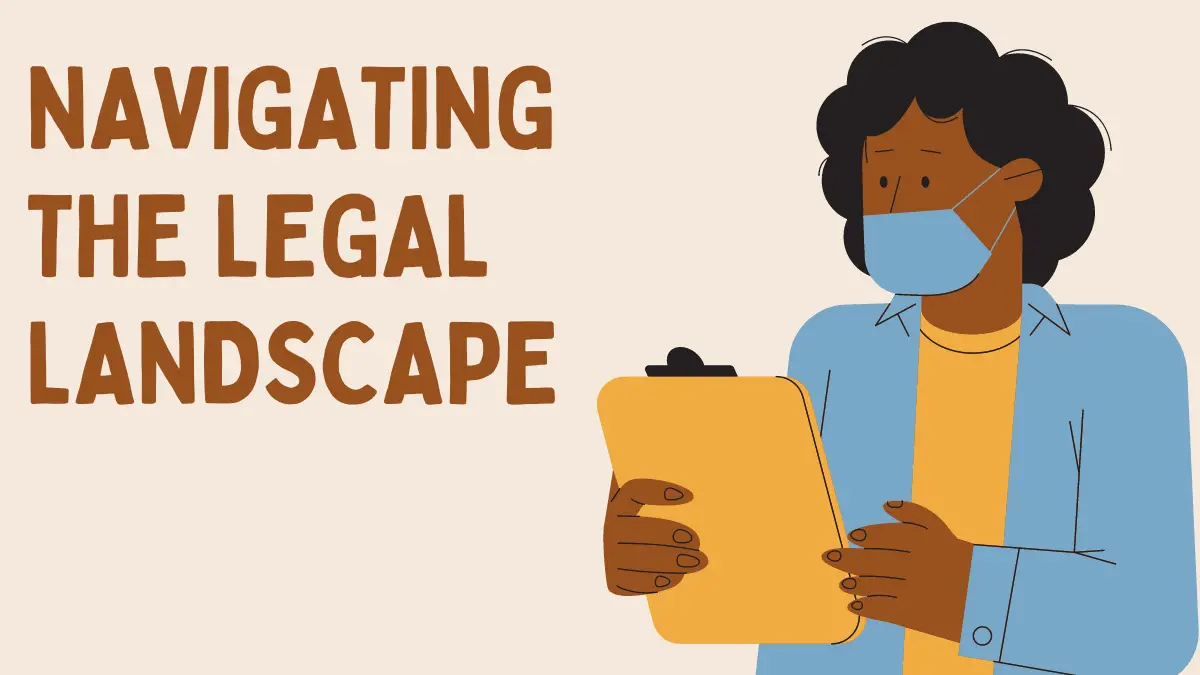In the United Kingdom, nursing is governed by a complex framework of laws, regulations, and ethical guidelines. As a nurse, understanding these legal aspects is crucial for providing safe, effective, and ethical care to patients. In this comprehensive guide, we will delve into the legal landscape of nursing in the UK, covering everything from professional standards to liability issues.
Table: Legal Responsibilities Comparison
| Legal Aspect | Registered Nurses | Nurse Practitioners |
|---|---|---|
| Prescription Authority | No | Yes |
| Independent Prescribing | No | Yes |
| Professional Indemnity | Recommended | Mandatory (NHS) |
| Legal Immunity | Limited | Limited (Good Samaritan Law) |
1. Professional Regulation and Registration
1.1 Nursing and Midwifery Council (NMC)
The Nursing and Midwifery Council (NMC) is the regulatory body responsible for setting standards of education, training, and conduct for nurses in the UK. Nurses must be registered with the NMC to practice legally. The NMC also maintains a public register of nurses, allowing patients to verify their credentials.
1.2 Code of Conduct
The NMC’s Code of Conduct outlines the professional standards that nurses must adhere to in their practice. This includes principles such as respecting patients’ dignity and confidentiality, acting in their best interests, and maintaining competence through continued professional development.
2. Legal Responsibilities and Duties
2.1 Duty of Care
Nurses owe a duty of care to their patients, which means they must provide care that meets the required standard and takes into account the individual needs and circumstances of each patient. Breaching this duty of care can result in legal liability for negligence.
2.2 Informed Consent
Obtaining informed consent is a fundamental legal and ethical requirement in nursing practice. Before providing treatment or care, nurses must ensure that patients understand the nature of the proposed intervention, its risks and benefits, and any alternatives available.
3. Medication Management and Prescription
3.1 Prescription Authority
In the UK, nurses do not have independent prescription authority. However, some advanced practice nurses, such as nurse practitioners, may be authorized to prescribe certain medications under a patient group direction (PGD) or as supplementary prescribers under the supervision of a doctor.
3.2 Medication Administration
Nurses are responsible for administering medications safely and accurately, following the five rights of medication administration: right patient, right drug, right dose, right route, and right time. Any errors or adverse reactions must be documented and reported according to institutional policies.
4. Documentation and Record-Keeping
Accurate and timely documentation is essential in nursing practice for maintaining continuity of care, facilitating communication among healthcare providers, and providing legal protection in case of disputes or litigation. Nurses should follow institutional guidelines for documenting assessments, interventions, and patient responses.
5. Liability and Legal Protection
5.1 Professional Indemnity Insurance
Nurses are encouraged to obtain professional indemnity insurance to protect themselves against potential legal claims arising from their practice. This insurance covers legal costs and damages awarded to claimants in the event of a successful lawsuit.
5.2 Legal Immunity
In certain circumstances, nurses may be afforded legal immunity from liability, such as when providing emergency care in good faith or following explicit protocols or guidelines established by their employing institution or professional body.
Conclusion
Understanding the legal aspects of nursing is essential for practicing safely, ethically, and effectively in the UK healthcare system. By familiarizing themselves with professional standards, legal responsibilities, and risk management strategies, nurses can ensure the highest quality of care for their patients while safeguarding themselves from legal liabilities. Stay informed, stay compliant, and prioritize patient safety above all else.


